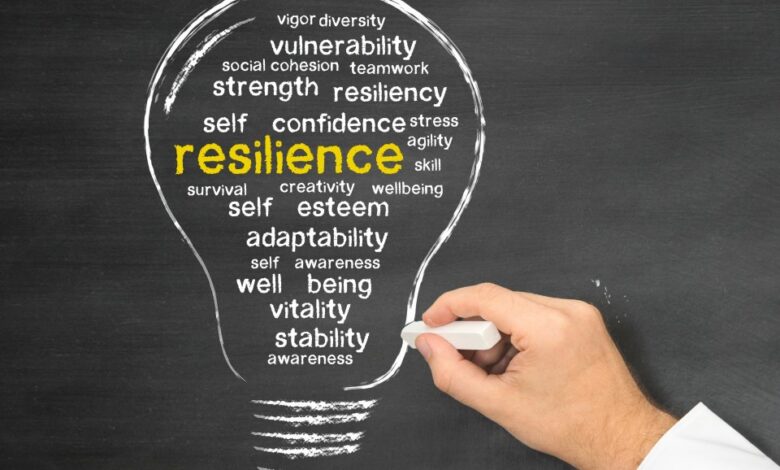Learning To Not Take Things Personally: A Path to Emotional Resilience 🌈

In a world where opinions and judgments abound, it’s easy to take things personally. Whether it’s a critical comment from a colleague, a misunderstanding with a friend, or negative feedback on social media, these situations can stir up feelings of insecurity and self-doubt. However, learning to not take things personally is crucial for emotional resilience and mental well-being. Here’s how you can cultivate this important skill.
1. Understand the Nature of Other People’s Reactions 🤔
One of the first steps in not taking things personally is to recognize that other people’s reactions are often a reflection of their own experiences, insecurities, and emotions. As psychologist Don Miguel Ruiz explains in his book The Four Agreements, “Nothing other people do is because of you. It is because of themselves.” Understanding this can help you detach from their responses and see them as less of a personal affront and more of a projection of their inner world .
2. Practice Mindfulness and Self-Reflection 🧘♂️
Mindfulness involves staying present and observing your thoughts and feelings without judgment. When you receive criticism or negative feedback, take a moment to pause. Instead of reacting defensively, reflect on the situation. Ask yourself questions like:
- What might have caused this reaction?
- Is there any truth to what’s being said?
- How can I respond in a way that aligns with my values?
This reflective practice helps create emotional distance, allowing you to respond thoughtfully rather than impulsively .
3. Reframe Negative Feedback as Constructive 🌱
Instead of viewing criticism as a personal attack, try to reframe it as an opportunity for growth. Consider the possibility that feedback, even when it stings, can provide valuable insights. For example, if a colleague critiques your work, instead of feeling inadequate, ask yourself what you can learn from their perspective. This shift in mindset can transform how you perceive criticism and can help you grow professionally and personally .
Related Post
4. Cultivate Self-Compassion 💖
Developing self-compassion means treating yourself with kindness and understanding, especially in the face of perceived failure or rejection. Recognize that everyone makes mistakes and that it’s a part of being human. Kristin Neff, a pioneer in self-compassion research, emphasizes that self-compassion involves three core components: self-kindness, common humanity, and mindfulness . When you treat yourself with compassion, you’ll find it easier to brush off negative comments and focus on your strengths.
5. Limit Exposure to Toxic Environments 🚫
Sometimes, the best way to not take things personally is to reduce your exposure to environments or people that perpetuate negativity. Surround yourself with supportive individuals who uplift you rather than bring you down. This doesn’t mean you should cut off everyone who might occasionally be critical, but instead prioritize relationships that are constructive and nurturing .
6. Develop a Strong Sense of Identity 🌟
Knowing who you are and what you stand for can provide a solid foundation for dealing with negativity from others. Engage in self-discovery activities such as journaling, setting personal goals, and exploring your passions. When you have a strong sense of self, outside opinions hold less power over your emotions.
7. Remember the Bigger Picture 🖼️
In the grand scheme of life, many of the things we take personally are fleeting and trivial. Consider what truly matters to you in the long run. By focusing on your goals, values, and the people who matter most in your life, you can gain perspective on the less significant interactions that may have once affected you deeply .
Conclusion 🌈
Learning to not take things personally is a journey that requires practice and patience. By understanding the nature of others’ reactions, reframing feedback, cultivating self-compassion, and focusing on your personal identity, you can build resilience against negativity. Remember that it’s okay to feel hurt at times, but what’s important is how you choose to respond and move forward. By embracing these strategies, you’ll find yourself better equipped to navigate the complexities of relationships and life, emerging with a greater sense of peace and self-acceptance.




